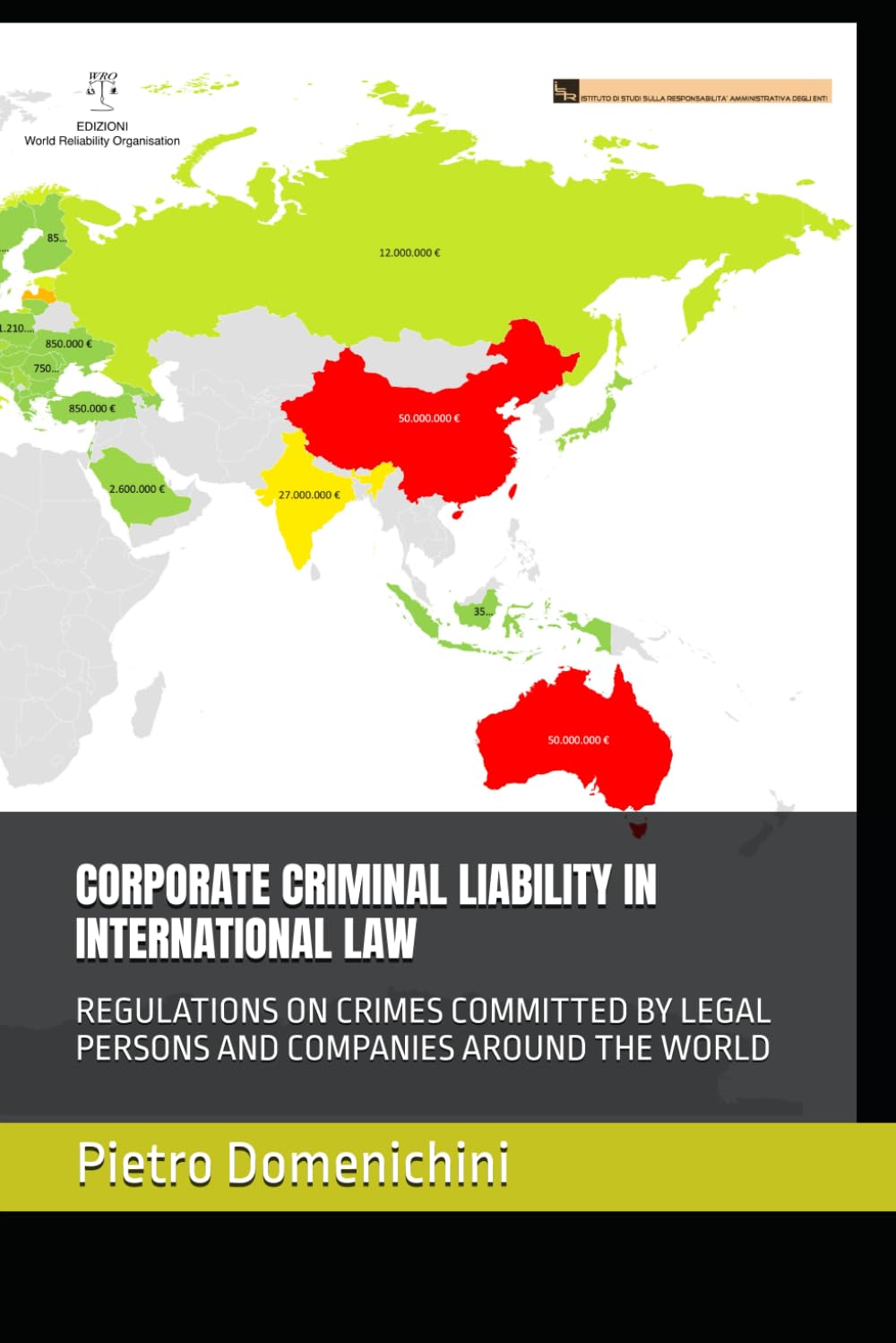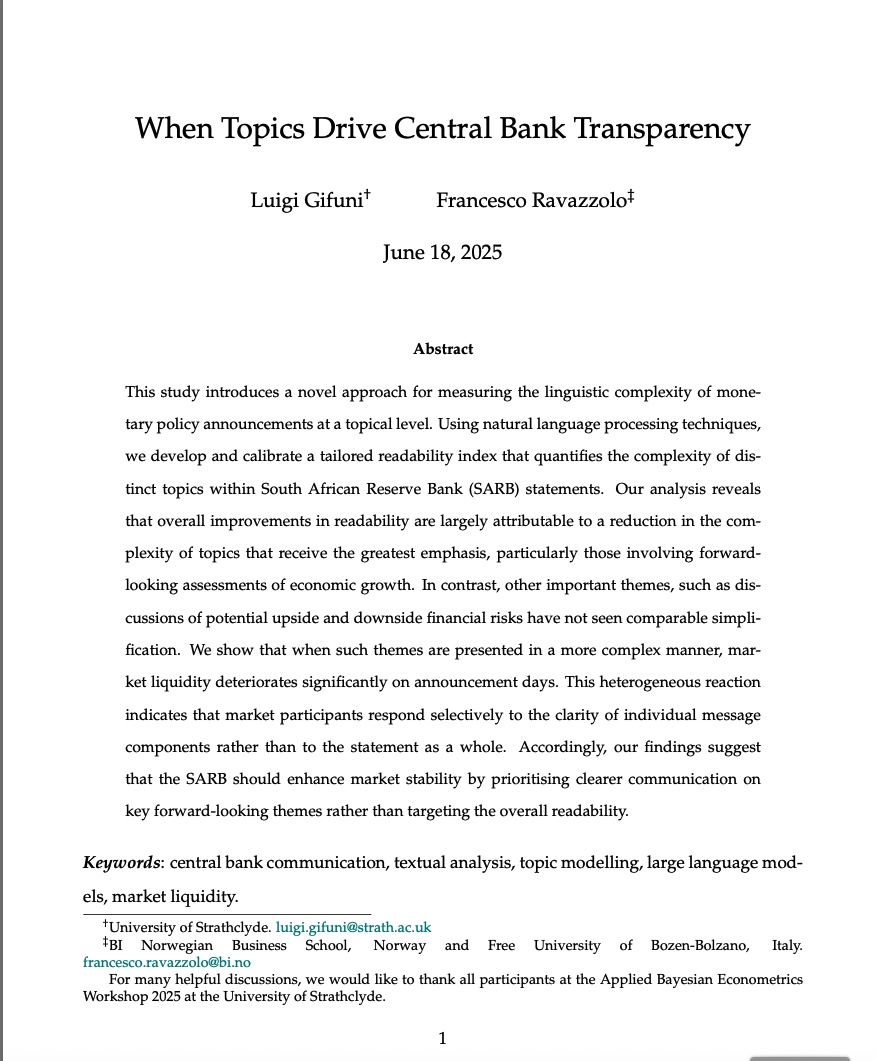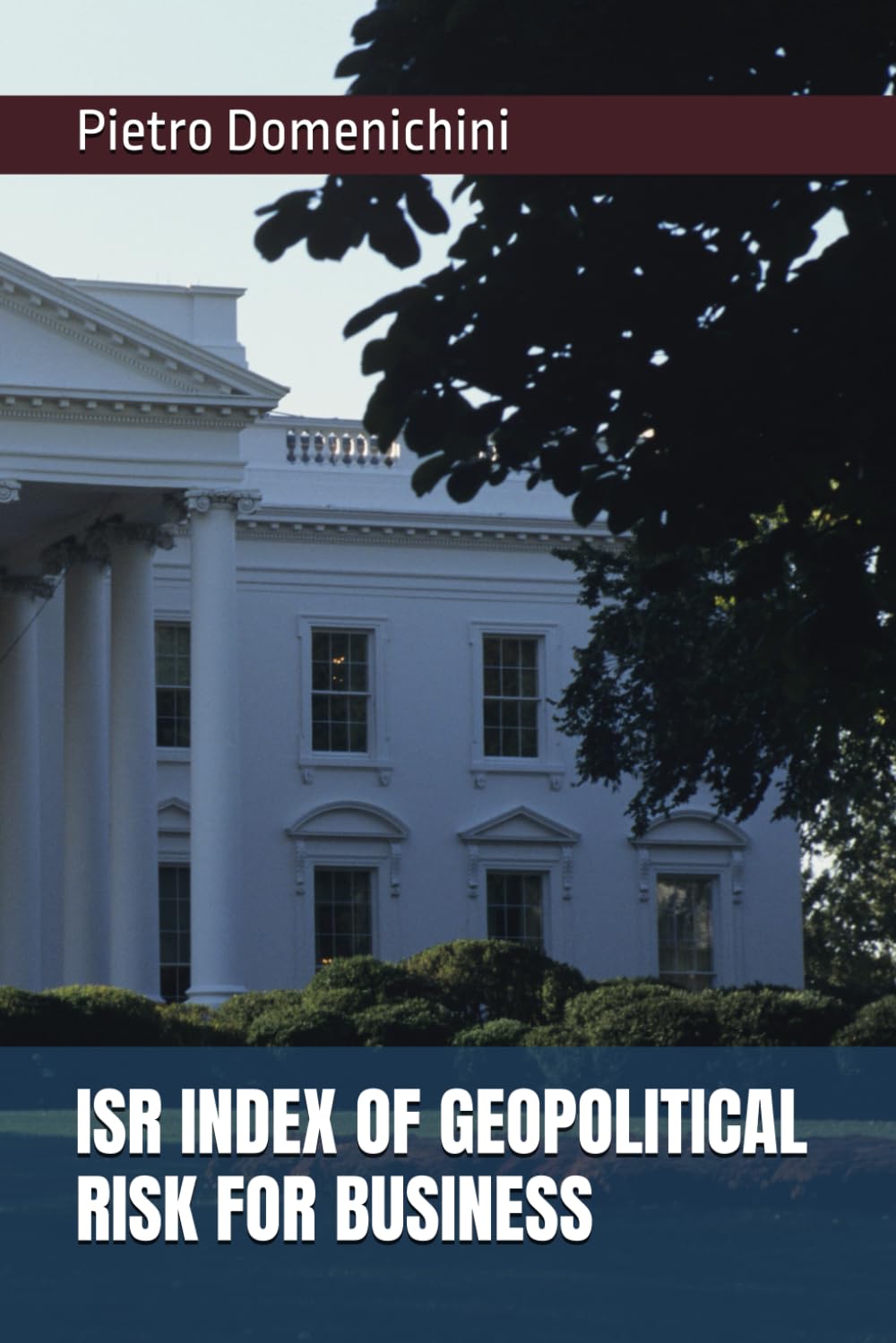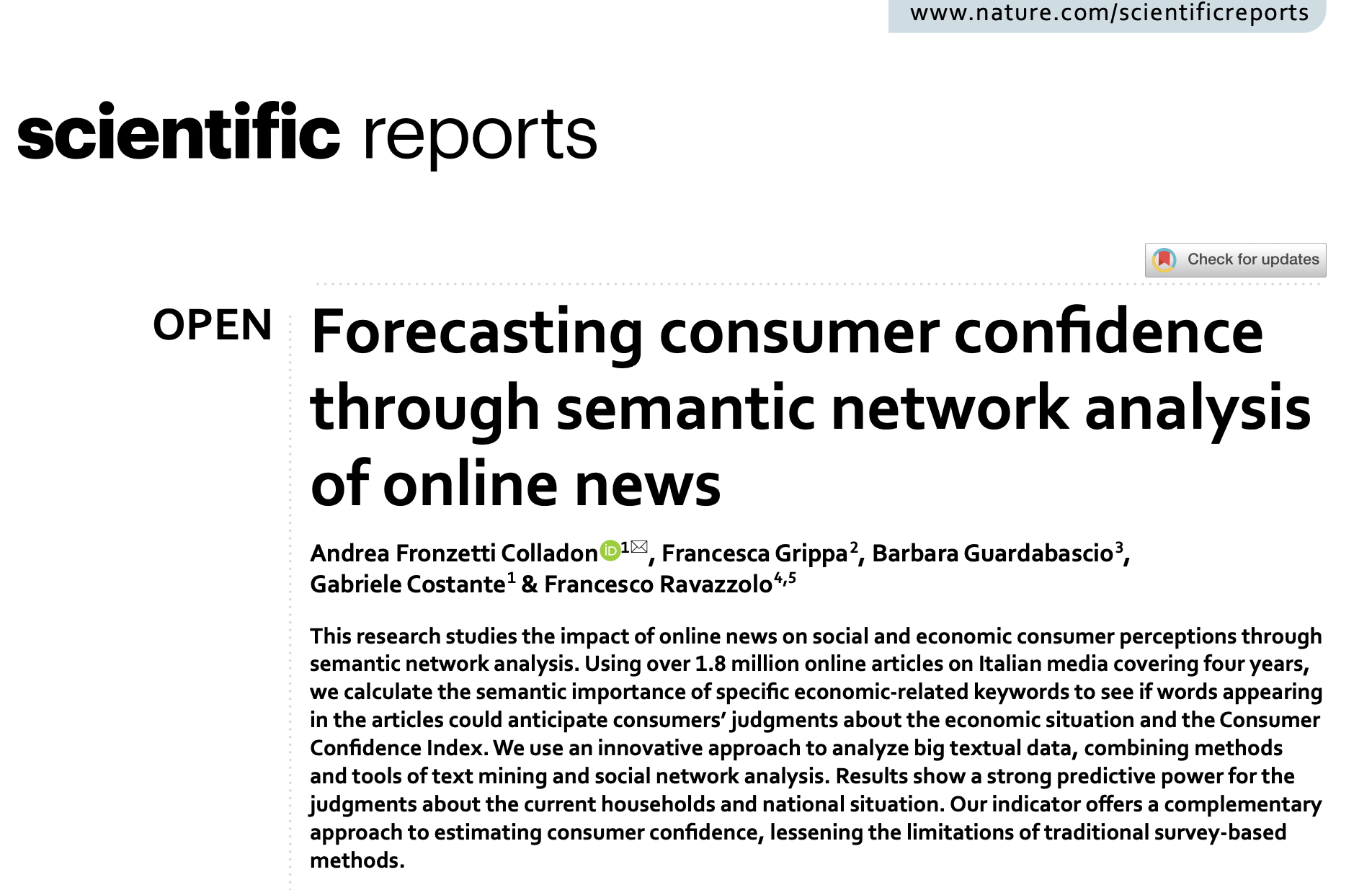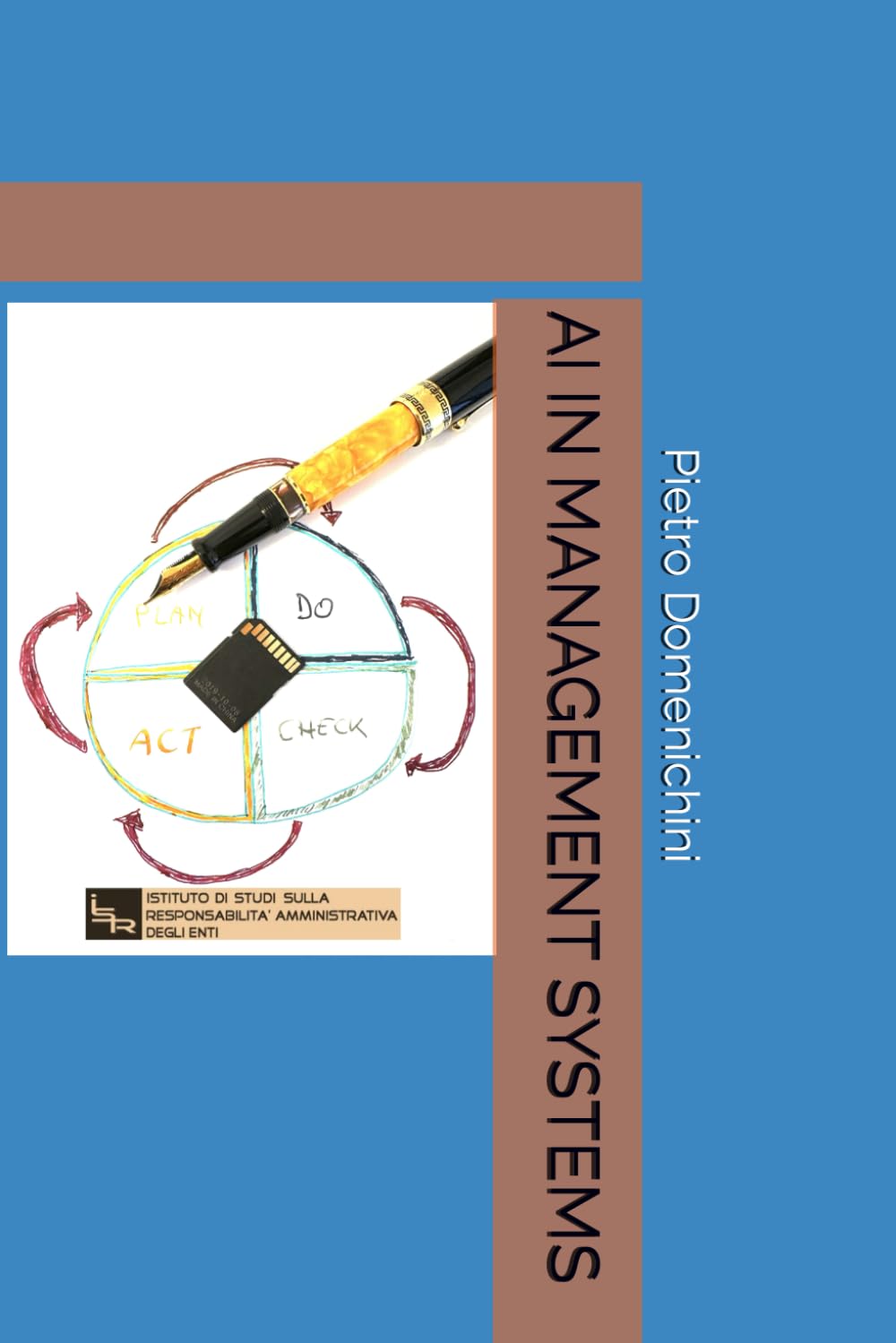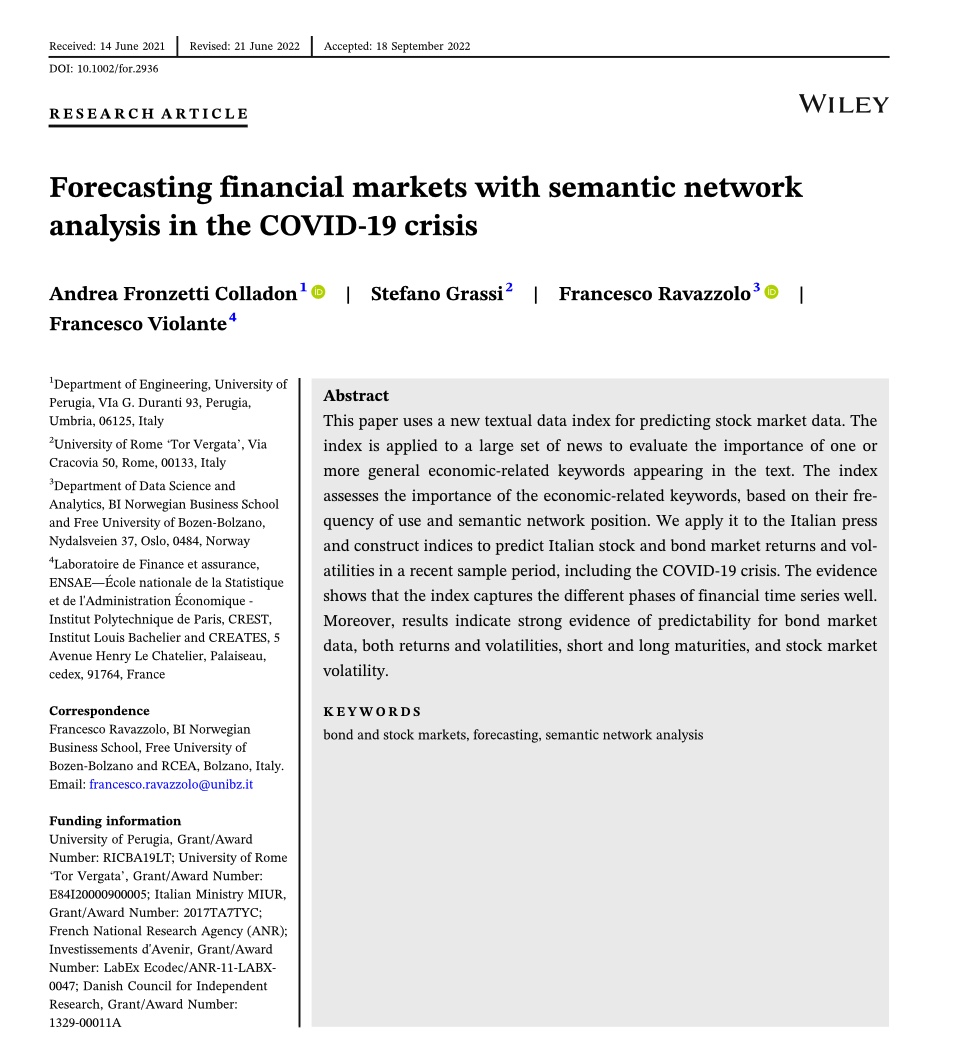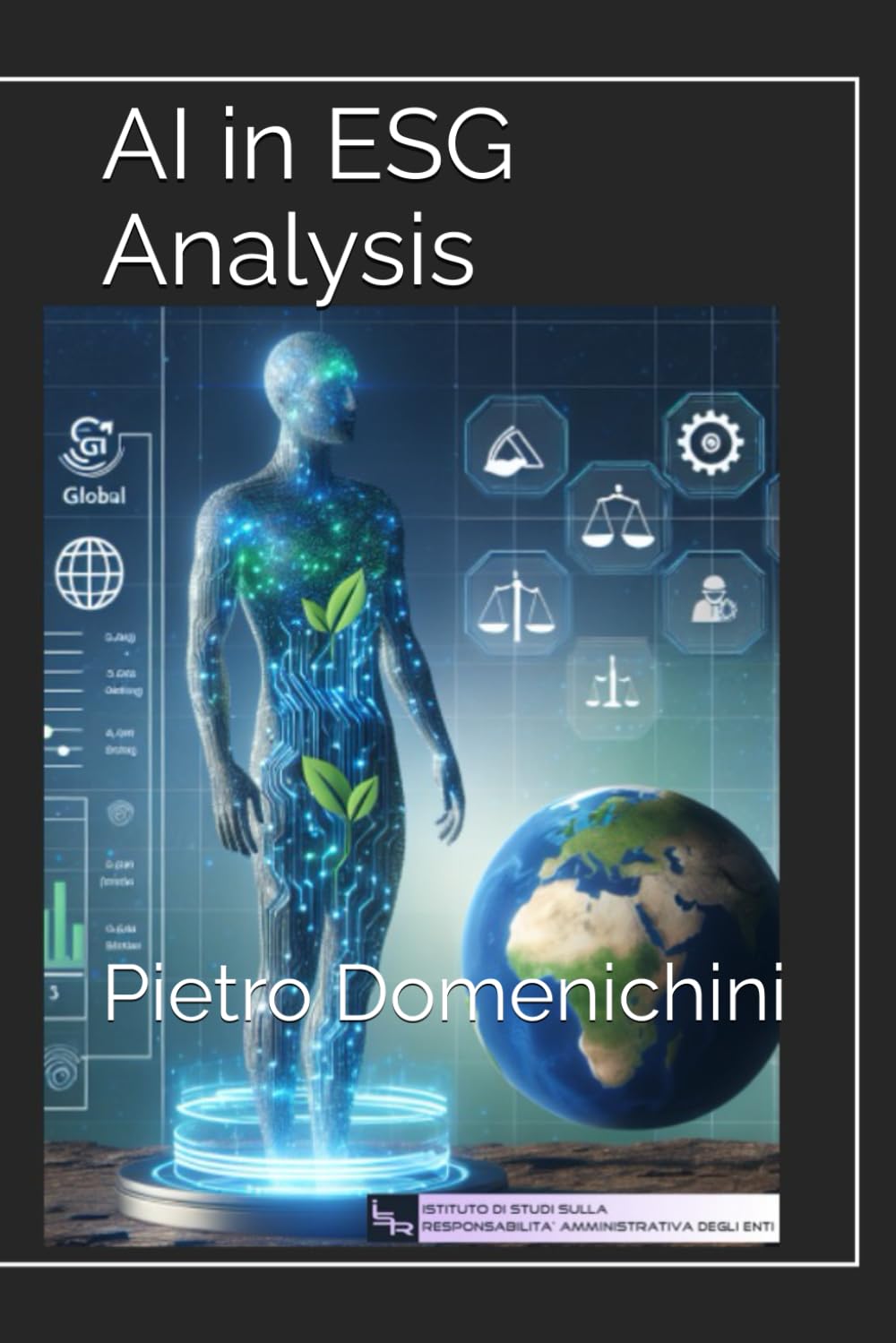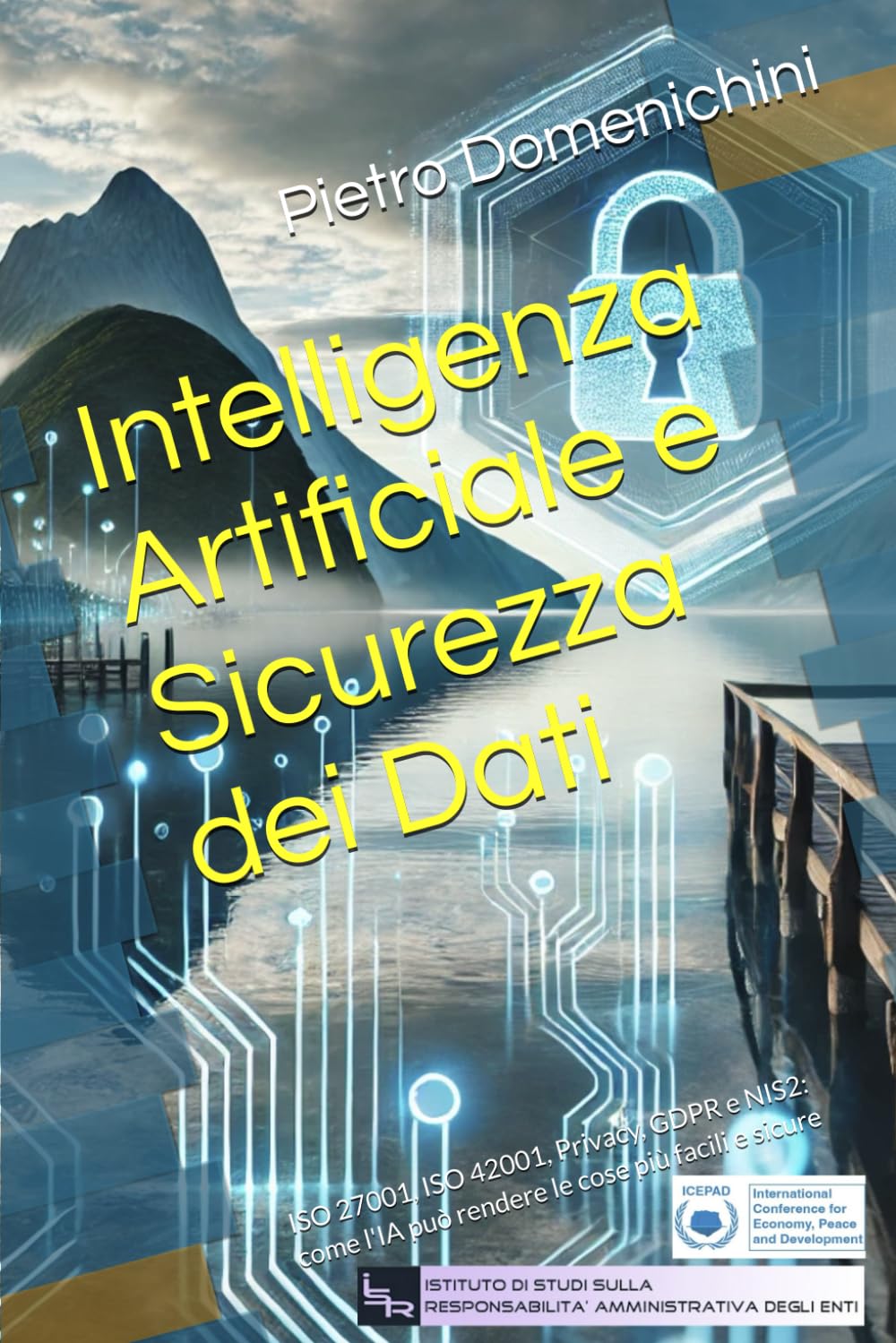Records
"Each chapter builds toward a comprehensive understanding of the risk framework, from its theoretical foundations to its practical applications across countries and then industries. Case studies, simulations, and empirical validations are provided to ground the model in real-world relevance. The second part of the book introduces the quantum computing and culminates in the Quantum ISR Index of Geopolitical Risk for Business, a novel framework inspired by principles of quantum theory and designed to measure and interpret geopolitical uncertainty in a multidimensional, dynamic context."
From the preface by Francesco Ravazzolo
The twenty years of the twenty-first century have definitively introduced into the legal systems of many nations of the world, the discipline of the criminal liability of legal persons. This study aims to provide an exhaustive and manageable but not simplified practical guide to a complex and varied subject, outlining the solutions to address liability from the point of view of the company. Today, technology offers the necessary support to ensure the best awareness on the part of the company itself, and ultimately the best effectiveness of prevention. In this new, profoundly revised and expanded edition of "International Corporate Crimes", by the same author, many new nations are added to those already present in the previous edition. In addition, the perspective of the criminal liability of "legal entities" is further deepened and enriched with horizons, also with reference to the lifeblood of a renewed interest of legal doctrine in the matter.
This study introduces a novel approach for measuring the linguistic complexity of monetary policy announcements at a topical level. Using natural language processing techniques, we develop and calibrate a tailored readability index that quantifies the complexity of distinct topics within South African Reserve Bank (SARB) statements. Our analysis reveals that overall improvements in readability are largely attributable to a reduction in the complexity of topics that receive the greatest emphasis, particularly those involving forward-looking assessments of economic growth. In contrast, other important themes, such as discussions of potential upside and downside financial risks have not seen comparable simplification. We show that when such themes are presented in a more complex manner, market liquidity deteriorates significantly on announcement days. This heterogeneous reaction indicates that market participants respond selectively to the clarity of individual message components rather than to the statement as a whole. Accordingly, our findings suggest that the SARB should enhance market stability by prioritising clearer communication on key forward-looking themes rather than targeting the overall readability.
For the first time, geopolitical risk is measured in terms of its consequences for specific business activities. The scholars of the ISR Institute have taken as a model the main and most accredited indicators of geopolitical risk by country and have drawn a set of parameters to evaluate the risk that each company takes on in its internationalization process. This work therefore applies the indicators thus developed to 76 countries.
This research studies the impact of online news on social and economic consumer perceptions through semantic network analysis. Using over 1.8 million online articles on Italian media covering four years, we calculate the semantic importance of specific economic-related keywords to see if words appearing in the articles could anticipate consumers' judgments about the economic situation and the Consumer Confidence Index. We use an innovative approach to analyze big textual data, combining methods and tools of text mining and social network analysis. Results show a strong predictive power for the judgments about the current households and national situation. Our indicator offers a complementary approach to estimating consumer confidence, lessening the limitations of traditional survey-based methods.
By Francesco Ravazzolo et al.
The history of artificial intelligence is dotted with outbursts and second thoughts, comings and goings, enthusiasms and controversies.
Dealing with it today seems almost superfluous, perhaps it would be better to have artificial intelligence itself do it, perhaps in order to discover what level of self-awareness has been reached by language processing systems. Well, we did.
In writing this book we have repeatedly questioned the most common automated text processing platforms, precisely to test the discussion on the usefulness of artificial intelligence with the same artificial intelligence. The result was surprising and not at all obvious: artificial intelligence has extraordinary self-confidence. The result of this investigation alone could be the subject of a book, dedicated to probing in depth the self-awareness of the entity that can be defined as artificial intelligence. But that wasn't our goal.
The subject of this book remains much lower on the scale of philosophy of consciousness, limiting itself to researching the most common AI-supported business management solutions and relating their structure to that of the requirements of the management systems certification standard company: ISO 9001:2015.
This research has fulfilled our ambitions, demonstrating, as you will see along the way, that the requirements of the certification standards on management systems can take considerable advantage of the varied forms in which artificial intelligence can support the massive work of analysis, forecasting and cataloging of data and results, which has always been essential for an organization to function.
Over the course of the different chapters we will encounter the most common and used applications of artificial intelligence, declined each time according to the need for classification in general concepts or according to the specific purpose of supporting the requirements of the standards.
To make sure you don't miss anything, we have dedicated the last part of the book to presenting you the results of some applications created by the ISR Institute to support business management with artificial intelligence.
This paper uses a new textual data index for predicting stock market data. The index is applied to a large set of news to evaluate the importance of one or more general economic-related keywords appearing in the text. The index assesses the importance of the economic-related keywords, based on their frequency of use and semantic network position. We apply it to the Italian press and construct indices to predict Italian stock and bond market returns and volatilities in a recent sample period, including the COVID-19 crisis. The evidence shows that the index captures the different phases of financial time series well.
Moreover, results indicate strong evidence of predictability for bond market data, both returns and volatilities, short and long maturities, and stock market volatility.
Francesco Ravazzolo
© 2022 The Authors. Journal of Forecasting published by John Wiley & Sons Ltd.
Journal of Forecasting. 2023;42:1187–1204. wileyonlinelibrary.com/journal/for 1187
Both the topic of artificial intelligence and that of sustainability are, nowadays, on everyone's lips.
The salvific and at times horrific vision of artificial intelligence is juxtaposed with the sometimes spasmodic interest in the issue of sustainability.
Both topics of conversation are mostly abused, misquoted and lacking the necessary concreteness, something we have tried to remedy in some ISR Institute publications.
Artificial Intelligence and Data Security: ISO 27001, ISO 42001, Privacy, GDPR, and NIS2: How AI Can Make Things Easier and Safer.
(In Italian)


